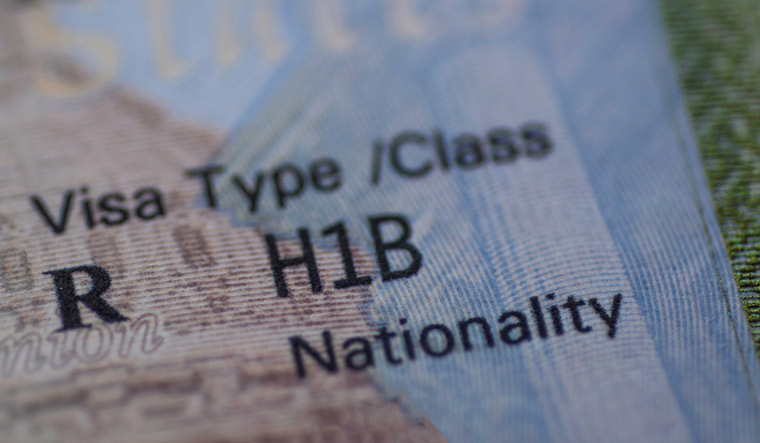The application fee for H-1B visas will rise to USD 555 from the existing USD 460, marking an increase of 21 per cent from October this year. The United States Department of Homeland Security approved the final rule on July 31.
Meanwhile, the base filing fees for L-1 visas, used for intra company transfers, will rise by 75 per cent to USD 850 from USD 460.
The rule change was first proposed in November 2019, and is meant to “align visa fees with the time agency offices spend adjudicating petitions and applications”. Reports said it will be published in the Federal Register on August 3 and will become effective 60 days after publication.
The fee hike comes as the US Citizenship and Immigration Services (USCIS), which administers the visa process, has appealed to the Congress for emergency funding of USD 1.2 billion following a sharp drop in visa processing due to the Covid-19 pandemic. The USCIS is dependent on income from visa fees, accounting for nearly 97 per cent of its budget.
In its official release, the USCIS said, “As required by federal law, USCIS conducted a comprehensive biennial fee review and determined that current fees do not recover the cost of providing adjudication and naturalization services. DHS is adjusting USCIS fees by a weighted average increase of 20% to help recover its operational costs. Current fees would leave the agency underfunded by about $1 billion per year.”
The H-1B visa is issued for a period of three years, following which it can be extended twice.
The hike in visa application fee is expected to impact Indian IT and service firms that have a large number of employees on H-1B or L-1 visas. These firms will now have to pay an additional USD 4,000-4,500 for each visa extension.
The trade association NASSCOM has protested the move, terming it “illegal.” Pro-immigration bodies such as the American Immigration Council (AIC) and the American Immigration Lawyers Association (AILA) have also filed comments opposing the move as one that would “hurt US businesses.”


